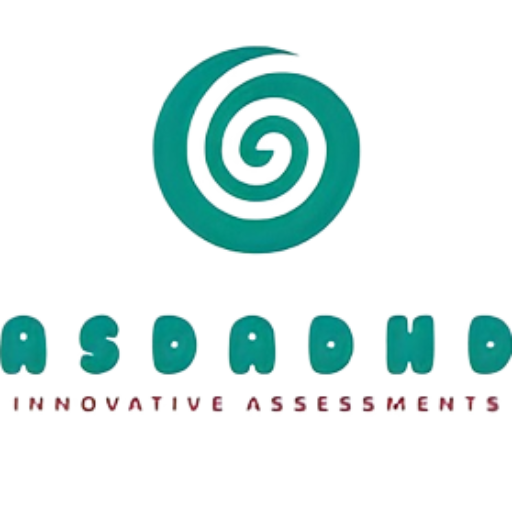Clonidine
!..ADHD/ASD Clinic: Providing Comprehensive ADHD and ASD Assessments for Children in Ireland and Northern Ireland.”(we don’t provide adult ADHD or ASD assessments)
Clonidine (Catapres®️): A Comprehensive Guide for ADHD Treatment
Clonidine, available under the brand name Catapres®️ among others, is a central alpha–2 agonist medication. This article offers an in-depth understanding of Clonidine, its uses, administration, and potential side effects.
What is Clonidine?
Clonidine belongs to the group of medications known as central alpha–2 agonists. It’s primarily prescribed by doctors and is not available over-the-counter.
Uses of Clonidine:
– ADHD Treatment: Clonidine is effective in managing attention deficit hyperactivity disorder (ADHD or ADD).
– Other Medical Conditions:
Apart from ADHD, Clonidine is also prescribed for high blood pressure, migraine, Tourette’s Syndrome, certain pain conditions, and assisting patients in weaning off other medications.
Administration Guidelines:
– Clonidine dosage should be strictly as prescribed by the doctor.
– The medication can be started at a low dose and gradually increased based on the patient’s response.
– It might take several weeks to observe the full benefits of Clonidine.
– For ADHD, the tablets might be prescribed from once to four times a day. If prescribed once daily, it’s best taken at bedtime.
– Tablets can be consumed with or without food and can be crushed for easier consumption.
Missed Dose Instructions:
– If a dose is missed, it can be taken as soon as remembered unless it’s close to the next dose.
– Never double up on doses.
– If Clonidine is taken only at bedtime and missed, skip the dose and wait for the next bedtime dose.
Storage Instructions:
– Store Clonidine in a cool, dry place, away from heat and direct light.
– Ensure the medication is locked and out of children’s reach.
Interactions with Other Medications:
Clonidine might interact with:
– Seizure medications like phenytoin, phenobarbitone, and others.
– Sedatives, tranquillizers, strong pain relievers, and certain “cold and flu” preparations.
– Medications affecting blood pressure or those used for heart problems.
Always consult with a healthcare professional before combining Clonidine with any other medication.
Important Information & Side Effects:
– Clonidine might cause dizziness, lightheadedness, or fainting initially.
– Common side effects include dry mouth, drowsiness, constipation, headache, nausea, and vomiting.
– Serious side effects that require immediate medical attention include very slow heartbeat and allergic reactions like skin rash, itching, swollen mouth, or difficulty breathing.
– It’s essential not to stop Clonidine suddenly. Consult with a doctor for proper dosage reduction.
Conclusion:
Clonidine is a versatile medication used primarily for ADHD but also for various other conditions. As with all medications, it’s crucial to use Clonidine under the guidance of a healthcare professional and stay informed for the best outcomes.
